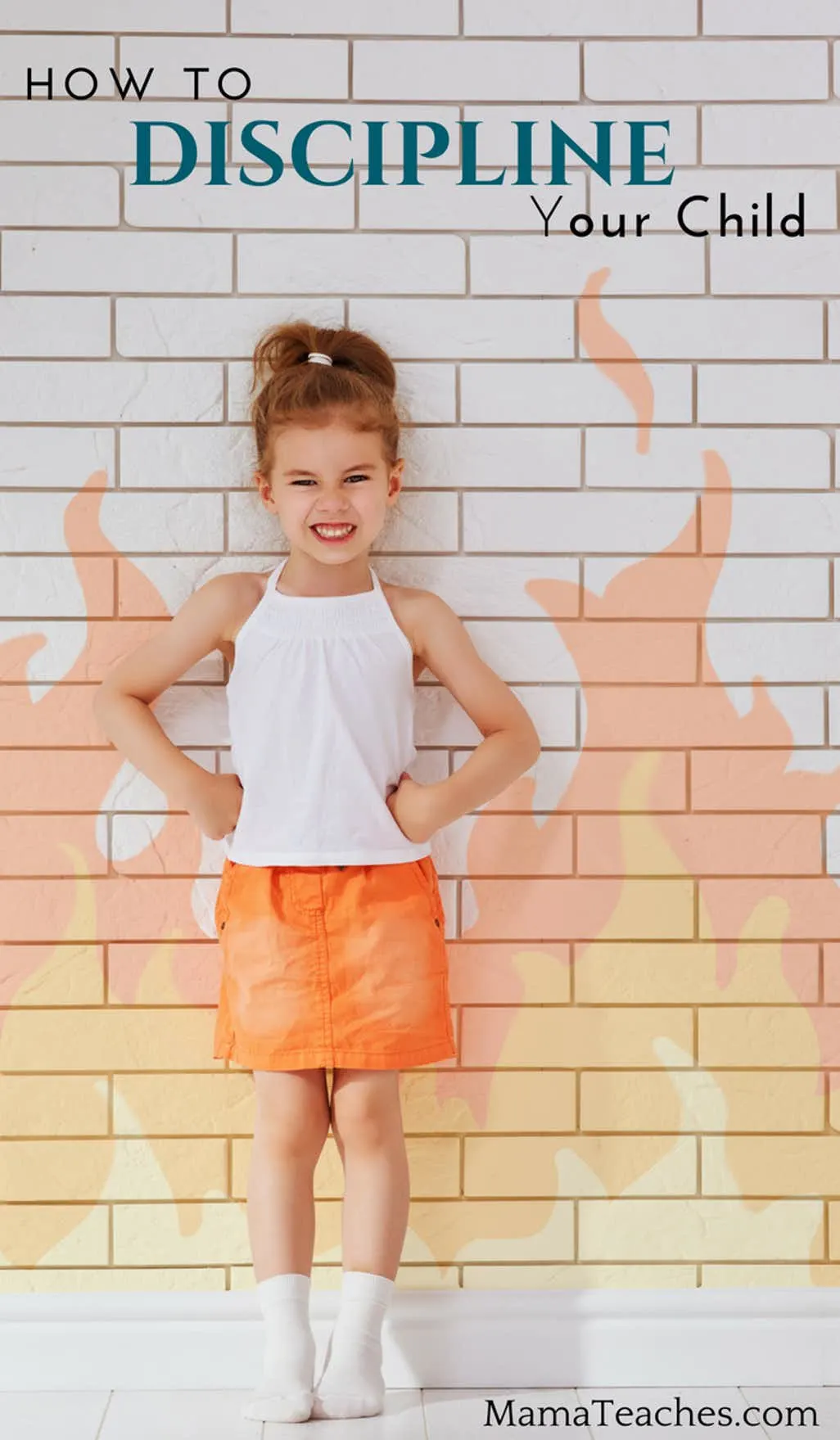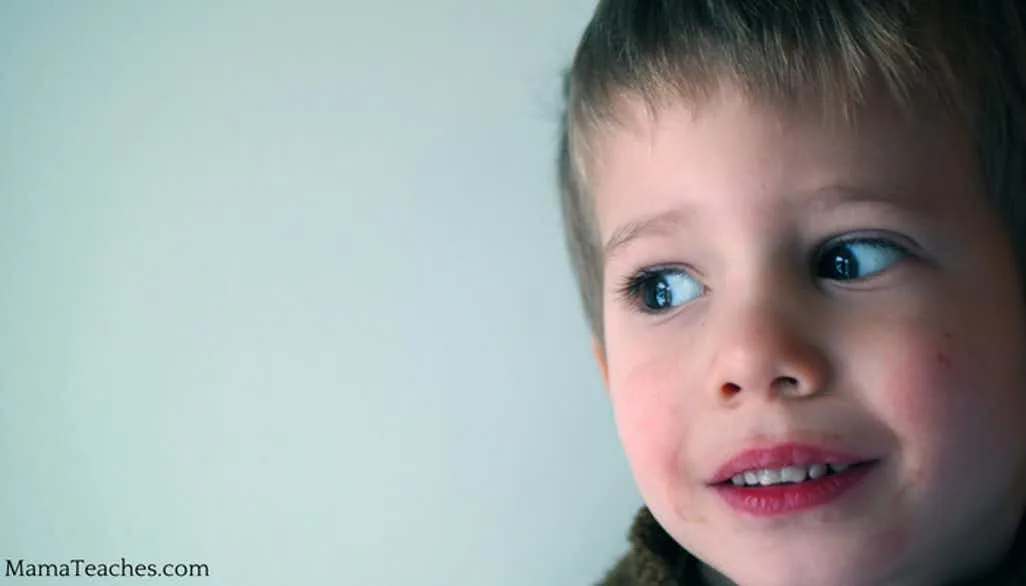
Discipline is not a dirty word. In fact, effective discipline techniques involve both communication and commitment.
Through the use of rewards and consequences, you can show your child how to be respectful and follow rules. It helps your child become more self-aware, more aware of how his actions impact others, and how important it is to understand the consequences of his actions.
How to Discipline Your Child
Here are a few helpful hints for disciplining your child.
1. Reward Positive Behavior.
Always reward your child for appropriate behaviors. Give them compliments for acting properly.
Whether it be sharing with siblings or picking up toys without being asked, acknowledge positive actions with positive praise.
The reward doesn’t have to be a material object, but it can be if the situation warrants it. It’s up to you!

2. Communicate Consequences.
Communication is essential when disciplining your child. You always want to make clear what consequences should be expected for certain misbehaviors.
Set limits for inappropriate behavior and always respond immediately once those boundaries are broken.
Ask your child why they think they acted the way they did, and try to understand where they are coming from.
Then, explain why their actions are unacceptable and what the consequence will be. Respect your child and be fair when determining what action will be taken.

3. Commit and Follow Through.
Be committed by always following through with rewards and consequences. When your child knows that you mean what you say, they will learn to think before they act.
Charts are a great way to establish rules and consequences. Not only will your child know what is expected of them and what will happen should they not listen, but they will also be able to see what rewards appropriate behaviors brings.
As a parent, charts help to monitor progress and see where your child excels or struggles.

4. Enforce Consequences.
Natural and logical consequences are two common ways to enforce appropriate behavior.
Natural consequences involve letting the child see naturally what will happen if they act inappropriately. For example, playing with their toy carelessly might cause it to break, and therefore, they won’t have their toy anymore.
Logical consequences involve setting a specific discipline technique in place. Such disciplines can range from time-outs (for younger children) to withholding privileges (for older children).
Discipline is necessary to teach expected behaviors to children. Always try your best to stay calm and be a role model by exhibiting desired actions. Encourage cooperation from your child and be consistent with the rules and consequences.
If you have exhausted all discipline techniques and your child exhibits aggression, destruction, and/or depression, don’t be afraid to consult your pediatrician for help.
